Getting Started with Open Source Contribution
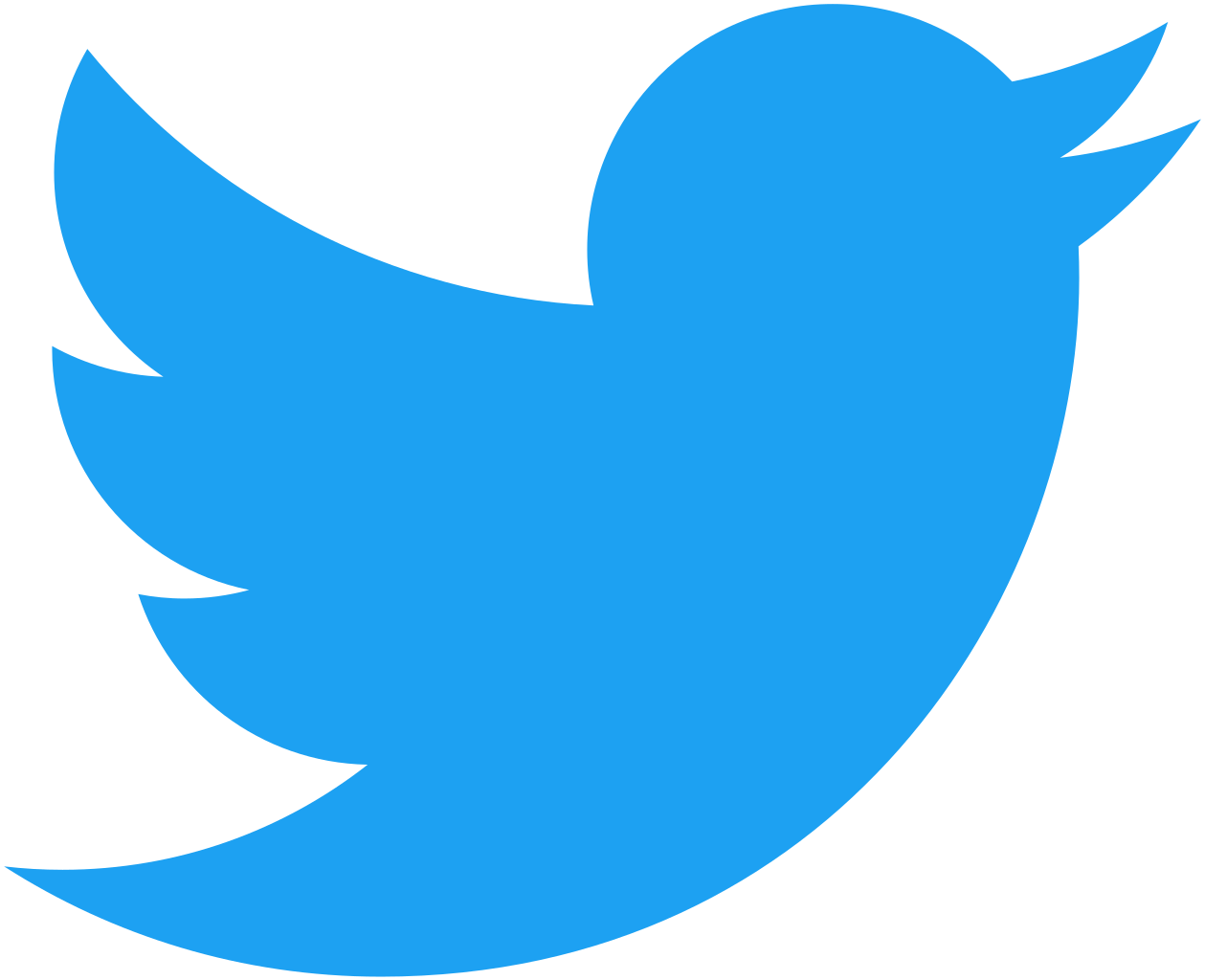




-
What
-
Why
-
How
-
When
-
Where
Things to be discussed..
Let's get started.....
-
How do I find the right issue/repository to work on?
-
How do I find the right issue/repository to work on?
-
What are some easy contributions for juniors and first timers?
-
How to build your reputation in the open source community?
-
Process to get your PR’s merged in larger projects like Angular, etc?
What it means to contribute?
- Do you like planning events?
-
Do you like to design?
-
Do you like to write?
-
Do you like organizing?
-
Do you like to code?
-
Do you like helping people?
-
Do you like helping others code?
-
...?
Open Source Contribution
Why contribute to open source?
-
Improve existing skills
-
Meet people who are interested in similar things
-
Find mentors and teach others
-
Build public artifacts that help you grow a reputation (and a career)
-
Learn people skills
-
It empowers you to make changes (i.e., even small ones)
-
...? (Plenty of reasons!)
How to contribute..?
- Start listening
-
Work with Tickets
-
Working with Code
-
Work with Documentation
-
Work with Community
Orienting yourself to a new project
Anatomy of an open source project
Every open source community is different.
A typical open source project has the following types of people:
- Author: who created the project.
- Owner: who has administrative ownership over the organization or repository ?
- Maintainers: Contributors who are responsible for driving the vision and managing the organizational aspects of the project.
- Contributors: who has contributed something back to the project.
- Community Members: who uses the project.
Open Source repository
Files are usually listed in the top level of a repository.
- Issue tracker
- Pull requests
- Discussion forums or mailing lists (e.g, StackOverflow)
- Synchronous chat channel (e.g, Slack)
- LICENSE - every open source project must have an open source license
- README
- CONTRIBUTING
- CODE_OF_CONDUCT
- Other documentation, etc.
Project tools to organize discussions.
Finding a project to contribute to..
- https://egghead.io/courses/how-to-contribute-to-an-open-source-project-on-github
- https://twitter.com/yourfirstpr
- https://github.com/explore/
- http://www.firsttimersonly.com/
- https://24pullrequests.com/contributing
- https://www.codetriage.com/
- https://www.codemontage.com/projects
- http://issuehub.io/
- http://up-for-grabs.net/
- https://openhatch.org/
- https://contributor.ninja/
- https://opensourcefriday.com/
- https://github.com/MunGell/awesome-for-beginners
- https://github.com/freeCodeCamp/how-to-contribute-to-open-source
Resources:
Checklist before you contribute.
-
Meets the definition of an open source (i.e., LICENSE file)
-
Project actively accepts contributions
-
look at the project’s issues
-
look at the project’s pull requests.
-
Project is welcoming
Submit your contribution
*before submitting a PR
-
Give context
-
Do your homework beforehand.
-
Keep requests short and direct.
-
Keep all communication public.
-
It’s okay to ask questions (but be patient!)
-
Respect community decisions.
-
Above all, keep it classy.
What happens after you submit a PR?
-
😭 You don’t get a response.
-
🚧 Someone requests changes to your contribution.
-
👎 Your contribution doesn’t get accepted.
-
🎉 Your contribution gets accepted.
Some of my contributions

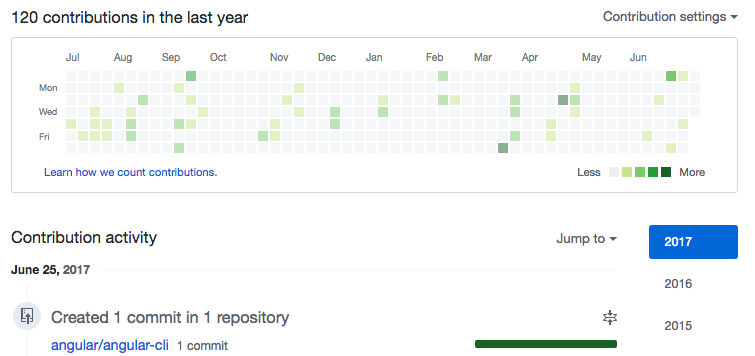
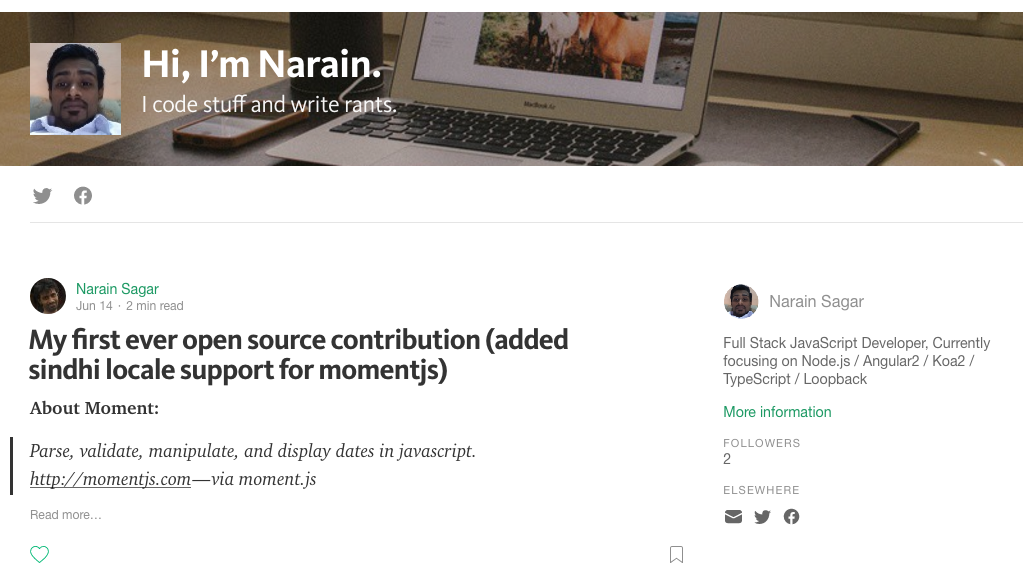
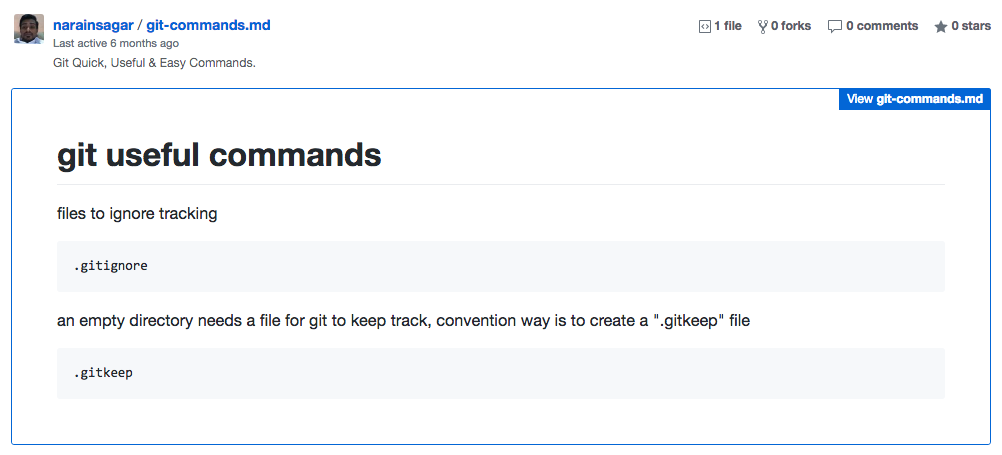
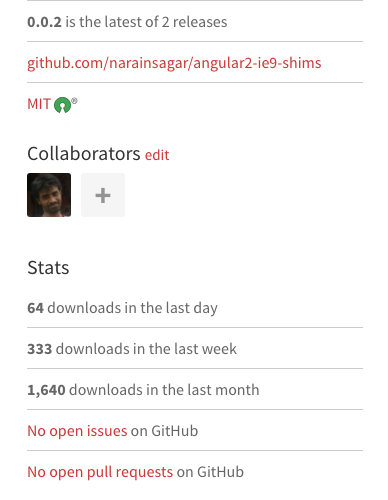

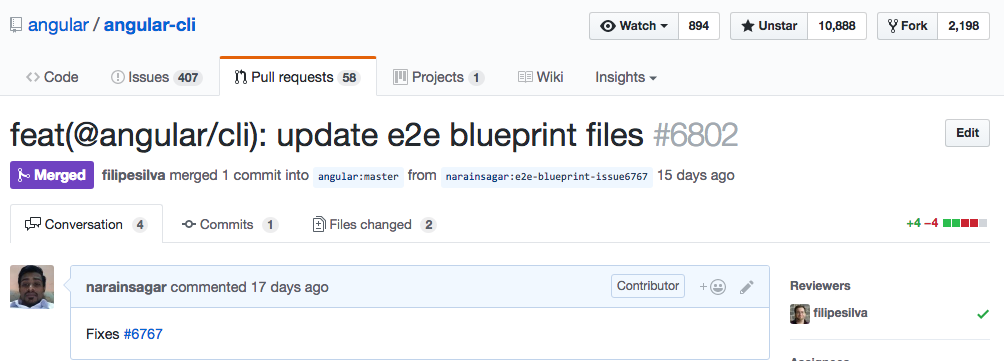
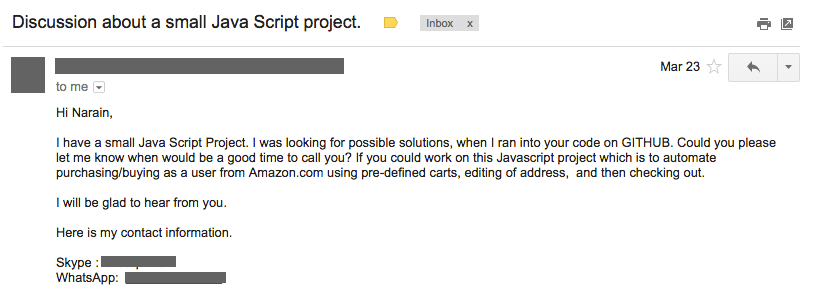
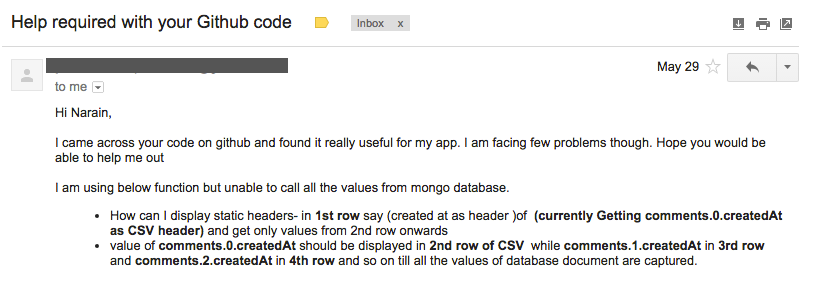
Thank you!
- https://opensource.guide/how-to-contribute/ - http://www.wikihow.com/Contribute-to-Open-Source
- https://opensource.com/resources/what-open-source
- https://www.hackerearth.com/getstarted-opensource
- http://www.developer.com/open/how-to-start-contributing-to-open-source.html
- https://blog.smartbear.com/programming/14-ways-to-contribute-to-open-source-without-being-a-programming-genius-or-a-rock-star/
- https://blog.smartbear.com/programming/14-ways-to-contribute-to-open-source-without-being-a-programming-genius-or-a-rock-star/